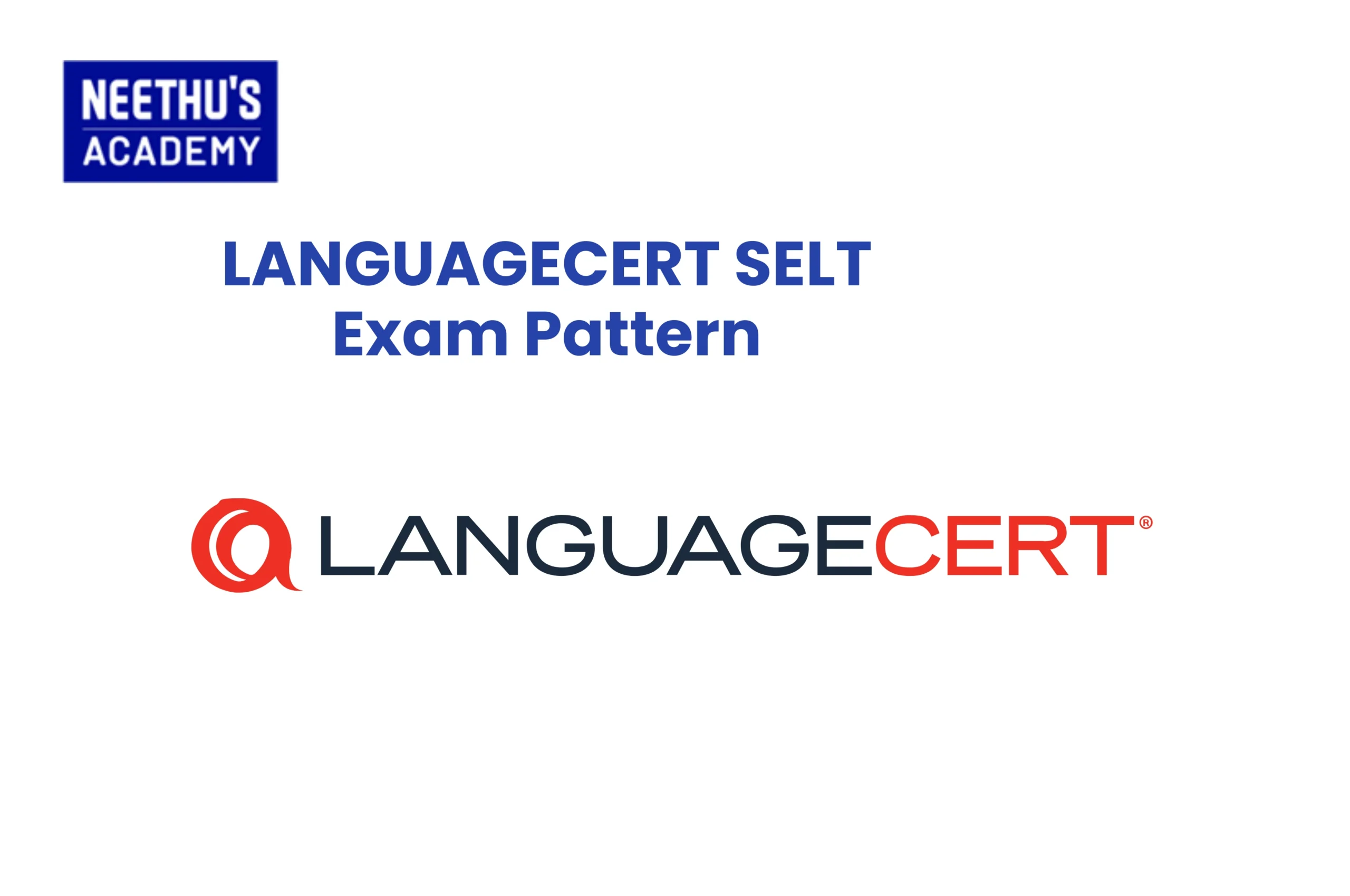Imagine you are running out of time and still have questions to complete! That would be the worst-case scenario while taking a…

TOEFL iBT vs TOEFL Essentials: Which test to take?
When pursuing academic or professional opportunities in English-speaking countries, demonstrating proficiency in English is often a critical requirement. The TOEFL (Test of English as a Foreign Language) has been a cornerstone in English language assessment for decades, trusted by institutions and employers worldwide. In recent years, a new option has emerged called the TOEFL Essentials test. Both tests serve the purpose of evaluating English language skills, but they cater to different needs and contexts.
This blog will narrow down the significant differences between TOEFL iBT and TOEFL Essentials. Understanding what each test includes, its importance, and how each one compares will set you better on the path to choosing the test most suitable for your goals.
What is TOEFL iBT?
TOEFL iBT is the prime rendition of the TOEFL targeted toward students looking to pursue their studies at a university or other higher education venue where classes are instructed in English. It is an internet-based test that is widely accepted by more than 12,000 universities and other institutions in over 160 countries around the world.
Format and Structure
The TOEFL iBT assesses a student’s skills in using and understanding English at the university level. It contains the following four elements:
Reading: This section measures the ability to understand and analyze academic texts. Test-takers are presented with passages from university-level textbooks, followed by questions that assess comprehension, inference, and the ability to integrate information.
Listening: This section tests the ability to understand spoken English in an academic environment. The test-takers listen to conversations, lectures, and discussions and answer questions measuring their understanding of main ideas, details, and speaker intent.
Speaking: This part of the test assesses examinees’ ability to express their ideas clearly and fluently in English. It elicits responses to carefully selected prompts, simulating common academic situations in a university setting, like summarizing an argument or giving one’s view on a familiar topic.
Writing: This is the section that assesses a person’s ability to write clear, well-structured essays in English. One will be asked to write essays on source topics on reading and listening and also to express their independent views on the given topics.
The scoring for TOEFL iBT is based on a scale from 0 to 120, each section is worth up to 30 points. Each university may have its requirements, although typically the more competitive programs have a requirement of 90 or above.
Who Should Take TOEFL iBT?
TOEFL iBT is the best choice for students applying to universities where English is the medium of instruction. It is especially essential for graduate programs, where a higher level of academic proficiency in English is expected. Besides, many professional licensing and certification bodies accept TOEFL iBT scores as proof of English proficiency.
What are TOEFL Essentials?
The newest addition to the TOEFL family of tests is the TOEFL Essentials, designed to offer a faster and more flexible testing option. The test examines key English language skills, such as reading, listening, speaking, and writing, but in a form that can be taken more easily and with less time invested than the TOEFL iBT.
Format and Structure
TOEFL Essentials is structured similarly to the TOEFL iBT, with four sections that cover the fundamental language skills. However, the test is adaptive, meaning that the difficulty level of questions adjusts based on the test-taker’s responses. This allows the test to gauge proficiency more efficiently.
Reading: The Reading section includes shorter passages than those in the TOEFL iBT, with questions that focus on the ability to understand and interpret basic information.
Listening: This section consists of shorter conversations from everyday life and lectures, which test the abilities of speaking in English in less formal contexts.
Speaking: The Speaking section in TOEFL Essentials includes prompts that are more practical and less academic than those in the TOEFL iBT. Test-takers may be asked to respond to everyday scenarios or describe familiar situations.
Writing: In the Writing section, students will be asked to write responses to simpler questions that emphasize clarity and coherence of writing rather than making complex arguments found in academia.
The TOEFL Essentials test is scored on a scale that ranges from 1 to 12 for each section. The scoring is designed to be relevant for practical English proficiency, rather than academic rigor, so it lends itself to more applications.
Who Should Take TOEFL Essentials?
TOEFL Essentials is ideal for individuals who need to demonstrate English proficiency quickly and for purposes that may not require the academic depth of the TOEFL iBT. It is particularly useful for job applications, immigration processes, or other situations where English proficiency is needed but not at an advanced academic level.
Importance of TOEFL iBT and TOEFL Essentials
The choice between TOEFL iBT and TOEFL Essentials depends on what your goal is or the particular situation in which you find yourself. Both are valid tests but serve different purposes.
Academic Admissions
The TOEFL iBT is frequently chosen by students who intend to study in English-speaking countries. With great respect for university judgments toward the overall assessment of academic English skills, it has been a defining factor in applications. At the graduate level, some competitive programs may require high TOEFL iBT scores since they want to make sure that the entering class will cope with the rigors of demanding academic coursework in English.
Professional and Immigration Purposes
The TOEFL Essentials, on the other hand, may be more suitable for those involved in job or immigration applications that require English language proficiency. The practical English skills assessed, together with the more manageable length and lower cost of the test, make it quite a viable option for people not needing to attain the highly demanding academic standards set by the TOEFL iBT.
Which test to take?
One major parameter for deciding on one test over the other would be to understand the details of both with regards to examination details, time, preparation time, and costs involved.
Exam Details
TOEFL iBT: It is conducted in test centers authorized by the Testing Agency. TOEFL iBT has a structured format and contains four sections: Reading, Listening, Speaking, and Writing. The test is completely internet-based, all tests are recorded and responded to on the computer.
TOEFL Essentials: TOEFL Essentials is also an online test. The test format is still of four sections, but the score is adaptive, meaning the next set of questions is easier or difficult depending on a test-taker’s previous performance. The test is shorter, but still valid in results.
Duration
TOEFL iBT: The TOEFL iBT normally lasts about 2 hours total and has a time limit for each section. Generally, it provides 35 minutes for Reading, 36 minutes for Listening, 16 minutes for Speaking, and 29 minutes for Writing.
TOEFL Essentials: The TOEFL Essentials test is shorter and it will take a candidate about 1.5 hours to complete. The adaptive nature of the test makes it more efficient but still able to include the language skills required.
Average Cost
TOEFL iBT: The cost of the test varies by country; however, it is usually in the region of $180-$300. This would make it one of the more expensive tests for the English language and thus increase its comprehensiveness and global recognition.
TOEFL Essentials: The TOEFL Essentials come much cheaper, with the fees usually lying between $100-$120. Being more affordable, this provides a considerably more accessible window into testing English ability for applicants for whom in-depth academic analysis is not required.
Comparison Between TOEFL iBT and TOEFL Essentials
Having considered the details of both tests, let’s consider a comparison between the two based on some significant factors.
ASPECT | TOEFL iBT | TOEFL ESSENTIALS | ||||
Purpose | Academic admissions, especially for universities and colleges | Non-academic purposes like job applications, visa requirements | ||||
Recognition |
|
| ||||
Test Format | Fixed format with specific sections (Reading, Listening, Speaking, Writing) | Adaptive format where question difficulty changes based on performance | ||||
Content Focus | Academic English | Everyday English | ||||
Test Duration | Approx. 2 hours | Approx. 1.5 hours | ||||
Scoring | 0-120 scale | 1-12 scale per section | ||||
Cost | $180-$300 | $100-$120 | ||||
Administration | Administered at official test centers | Can be taken online, offering greater flexibility | ||||
Preparation Time | Extensive, often requiring several months of focused study, particularly for academic sections | Less time-consuming, generally focusing on practical English skills | ||||
Ideal For | Students applying to universities, especially for competitive programs requiring advanced English proficiency | Individuals needing to demonstrate English proficiency for jobs, immigration, or other non-academic purposes |
Final thoughts
In the debate between TOEFL iBT and TOEFL Essentials, the choice ultimately depends on your specific needs and goals. If you are aiming for admission to a university or need to meet academic English requirements, the TOEFL iBT is the most appropriate choice. On the other hand, if your goal is to demonstrate English proficiency for non-academic purposes—such as job applications, visa requirements, or other practical scenarios—TOEFL Essentials offers a quicker, more flexible, and more affordable alternative. By understanding the differences between TOEFL iBT and TOEFL Essentials, you can make an informed decision that aligns with your goals, ensuring that you choose the test that best suits your needs.
Related Blogs
- All Posts
- OET
In case you are immigrating to Canada or looking for higher studies in the French-speaking parts of the nation, then the TCF…
Feeling a bit overwhelmed about the OSCE? You're not alone! The Objective Structured Clinical Examination is a big step in your medical…
Course Enquiry
Latest Posts
- All Posts
- canada
- CBT
- DELF
- DHA
- French
- GENERAL
- German
- Haad
- IELTS
- IQN NEW ZEALAND
- LANGUAGECERT SELT
- MOH
- NCLEX-RN
- NHRA
- OET
- OSCE
- Pearson Vue
- PROMETRIC
- PTE
- TOEFL
- Back
- NCLEX - NGN
- Back
- OET FOR PHYSIOTHERAPIST
- OET FOR PHARMACIST
- OET FOR DOCTORS



Frequently Asked Questions
TOEFL iBT includes four sections: Reading, Listening, Speaking, and Writing. It tests academic English skills through university-level materials and tasks.
TOEFL Essentials is a shorter test focused on everyday English, suitable for non-academic purposes like job applications and visa requirements.
TOEFL iBT lasts about 2 hours, while TOEFL Essentials takes around 1.5 hours.
A few weeks of practice with practical English tasks is typically enough for TOEFL Essentials.
No, TOEFL iBT is for academic purposes, while TOEFL Essentials focuses on practical English for non-academic needs.
